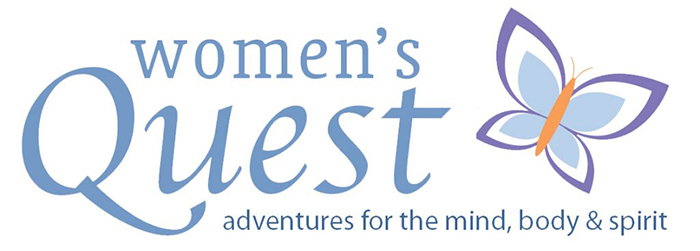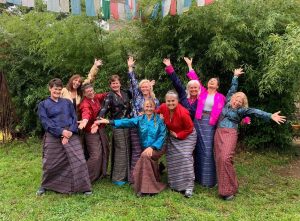Stories of Bhutan by Sonam Tobee
Geography of Bhutan
Bhutan is a landlocked country with a population of around 7 hundred thousand people and an area of 38934/- sq.km. It consists of a lot of small villages (and sometimes a village is just two to three houses on one mountain side) but in the towns it’s different with more cluster housings. The villages are mostly scattered settlements where everyone lives their own lives self-sufficient, growing their own vegetables, rice, owning cattle for milk to make tea, and saving some milk and cream for making butter and cheese later on. Sometimes, some of the produce is taken to the weekend market.
Bhutan history and traditions
Usually it will be the father or the mother or an elder family member who sells the farm products. They walk about an hour or more to reach the motor road carrying the things, with some help if there’s more. Praying for good weather and wishing to fetch a good price, waiting to try your luck for a kind driver to stop and ask where you are going. Or they can wait for the bus, taxi, or truck and hope it’s not full, which cost less money or is free.
We know preparing for planting to the harvest is a totally different story of hard work and testing your karma. Dairy products like cheese for making the famous “Ema Dat’tse” (chilli cheese) is one of the main products followed by butter and “Chu’gho” (the hard cheese) like Bhutanese candy. It’s usually made when you live much further away cause it stays well preserved for a much longer time than the fresh cheese or butter. In the olden days before our main trading partner with India, the hard cheese was one of the main trading items on the list of Tibetan traders. Those days the hard cheese was bartered for Himalayan rock salt, tea leaf for salted butter tea, brocade, etc. You can barter with people living in lower regions for rice, chilies, vegetables, etc.
Bhutan rituals
Another ritual we have is that when a baby is born, after a few days a lama is called for performing a simple ritual to cleanse all impurities. Only after that people are allowed to come and see the new born with the Tashi khadar (ceremonial scarf) and gifts of many kinds ranging from eggs, rice, Bung’chung (a bamboo woven basket), Ara in a Pala (a local wine in a bamboo container), clothes for the baby, money, and so on.
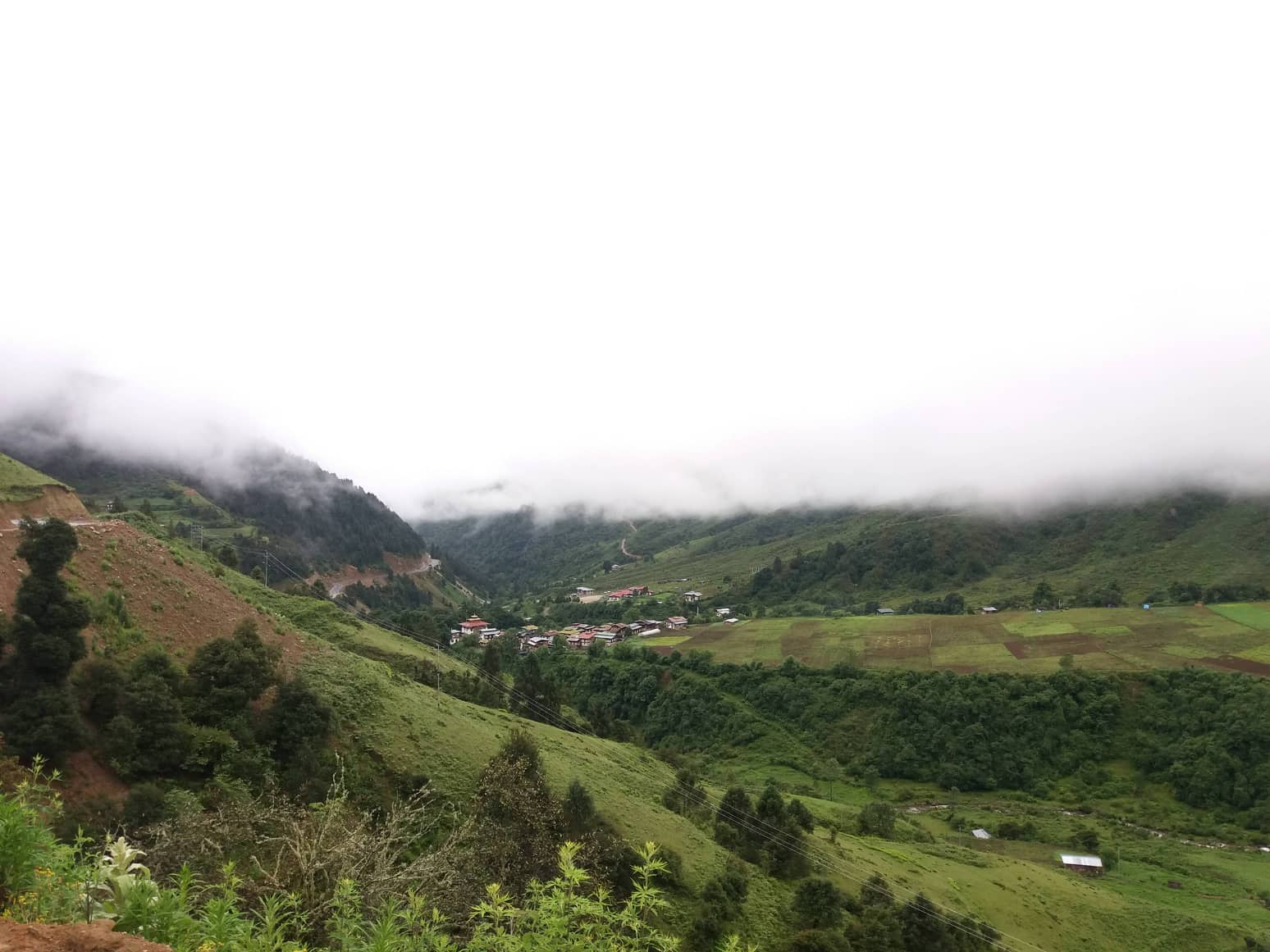

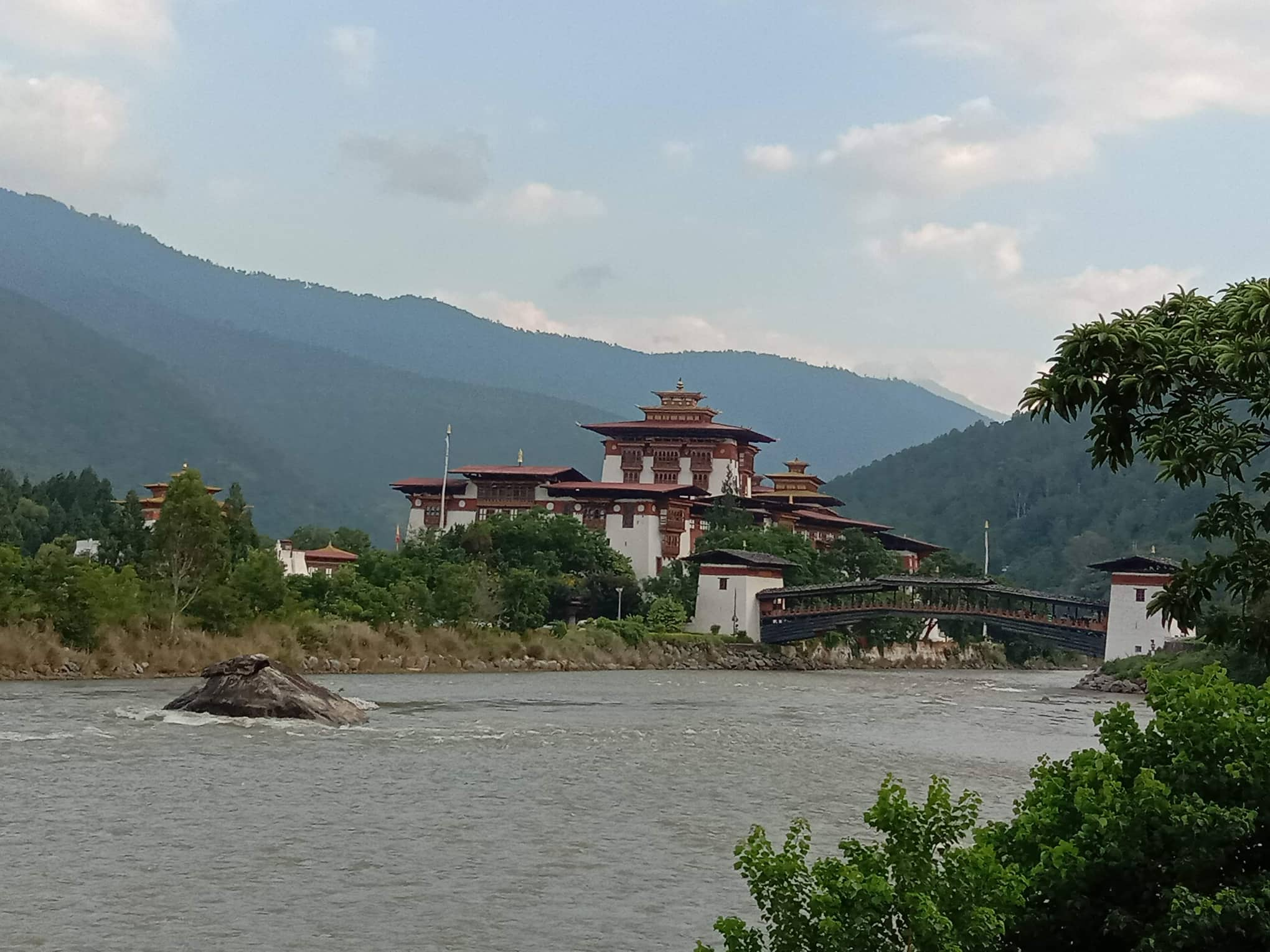

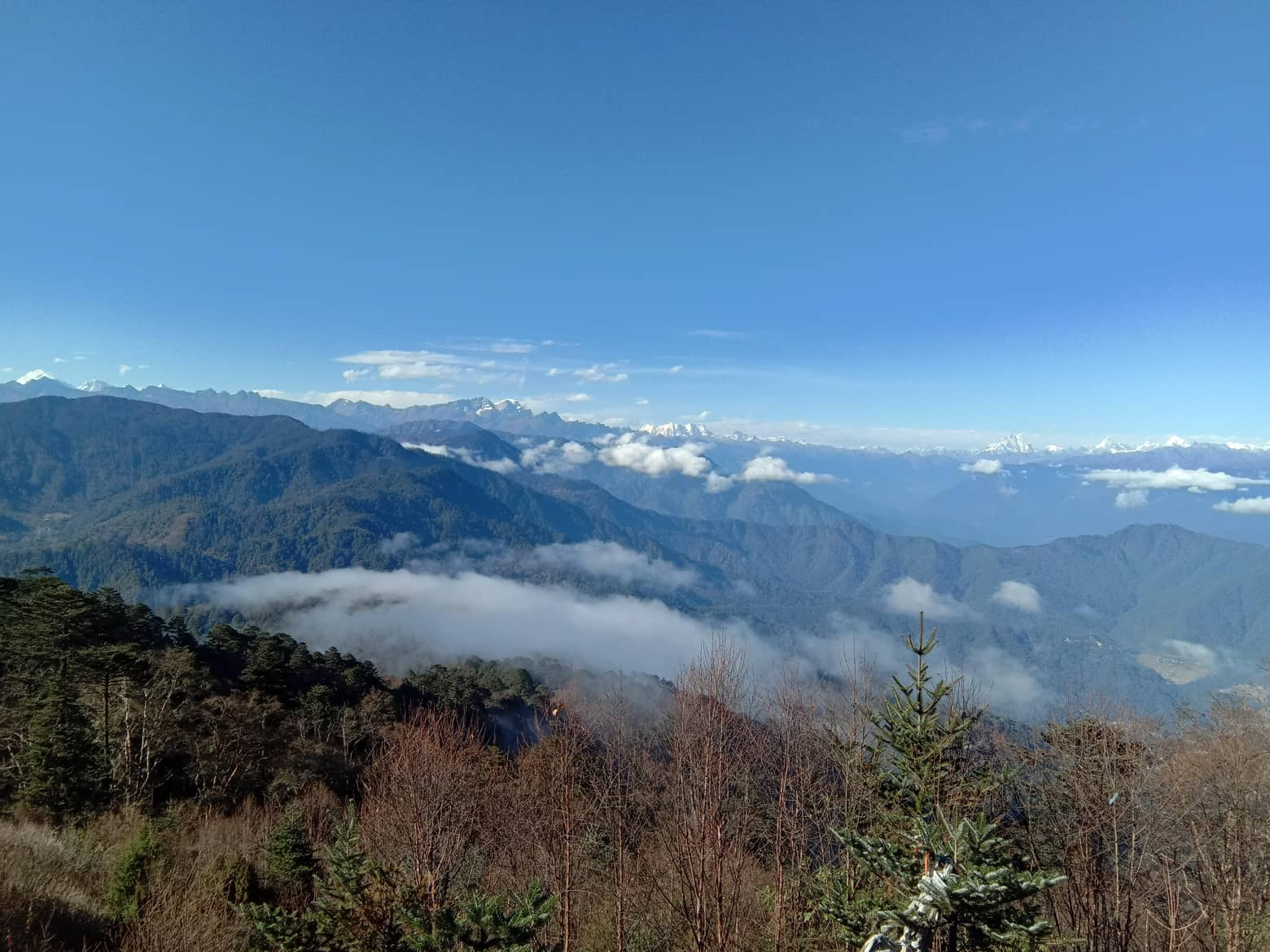

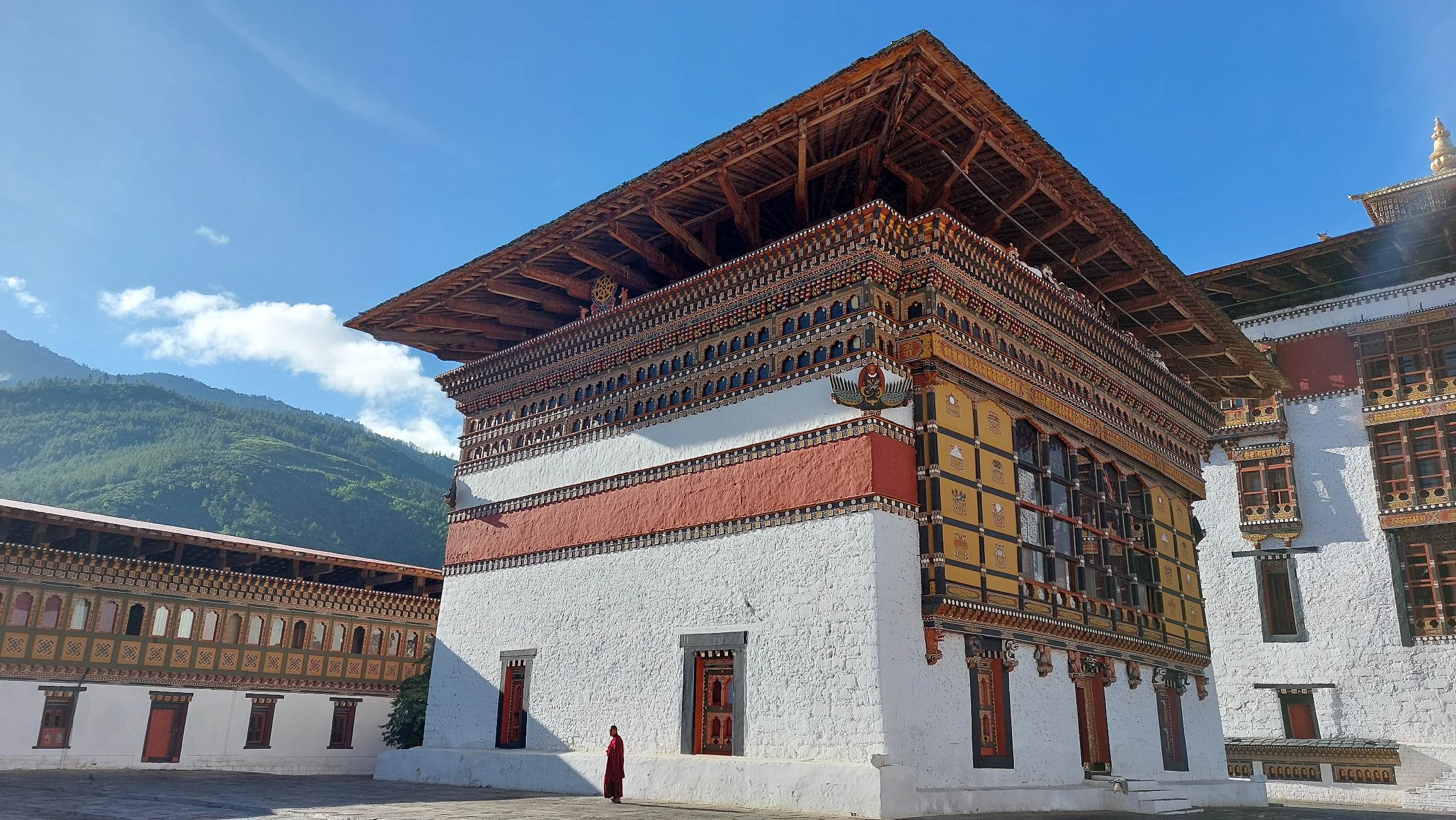

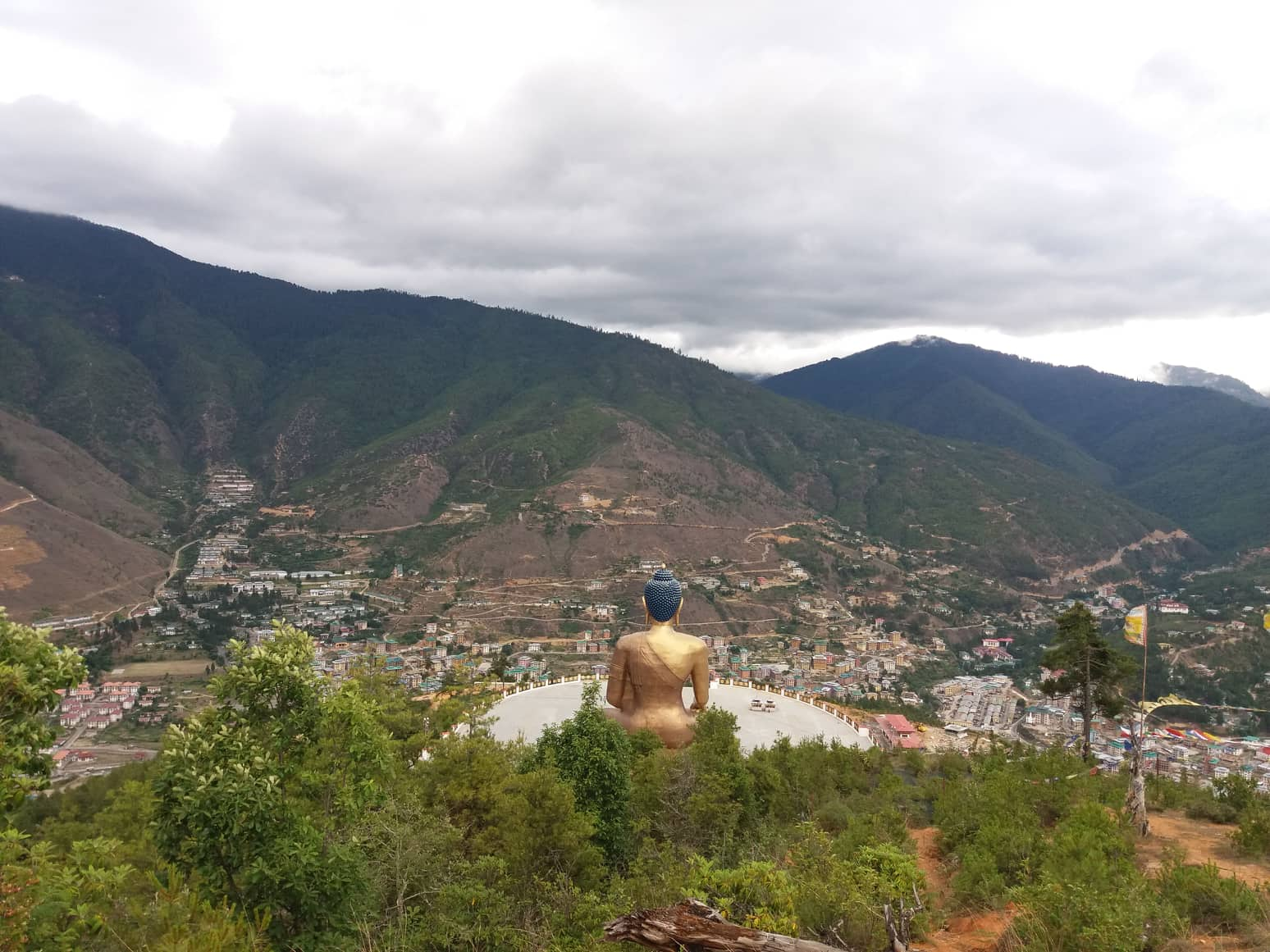

Village, family and Bhutan stories
In my village, we have people living in the mountains who are yak herders. Most people have on average fifty to sixty yaks. From mid spring to late autumn, they live on the high mountains above 4000 meters of elevation. In winter time, they come down with their yaks to about 3000 meters elevation. They have special tents made from yak hair and it’s totally waterproof. My grandfather also has some yaks with someone to take care of on the mountain and the family lives in the village taking care of the main house and also working in the field — that’s the usual setting with all the locals. A member of the family who is hard working is chosen by the elderly (in our case it was our grandfather who chose my uncle to take care of the yaks on the mountains). It takes a full day journey for local people but for others it would take much much longer considering the high elevation, which requires good energy and time to acclimatize.
Our village house is a big old traditional building, really black and white, washed with rough lime and dark soot applied to preserve the wood from rotting. It was built by one of the finest carpenters in the village, so grandpa was always proud to mention the name of the carpenter when someone asked him about the house. If you look at it from the outside it looks like a big house for one family but half of it is owned by my grandmother’s brother whom we also call “Jojo” (Grandpa). I don’t live in the village because my parents moved from the village just over a decade ago because my dad’s father, who was a very strict man, didn’t want him to get married to my mother. One time he asked my dad to gather the yaks from the mountain and when he failed to do it on time, grandfather got very angry and nearly completely chopped off his right hand! He was immediately taken to a small health care facility, but since it was a serious case, they referred him to Thimphu (the capital) and the best medical facility in the country, which is how my parents landed up in Thimphu. After, I was lucky to find a small job as a bus conductor and settled here, and my mom decided to help by raising a few cows for milk, which she sold in the neighborhood.
The grandparents I mentioned first are from my mother’s side. During my summer break, I would go to the village with my mother to meet my grandparents because my father had to stay back home and take care of the cows. There is great weather here, so most of the time we played outside with our cousins and sometimes we would go by the river bank hoping to catch some fish. We would always come back with a handful of river side stones.
The Annual Ritual Ceremony
During winter vacation after I finished my annual exams, we go back to the village for the annual ritual ceremony. For every household, it is a must. The village astrologer gets really busy figuring out different auspicious ceremony dates for different families because there are limited lay practitioners and a few monks in our village to do the rituals. Many people from the village who live in different parts of the country come back to meet their families and attend the annual ceremony for their home and a big ceremony for the entire village. It’s a big family get together and we all reunite with each other. Everyone brings gifts like clothes, chips, candy, alcohol, and most importantly doma (areca nut wrapped up in beetle leave with a dash of lime). For locals, it’s like coffee and they love it. One can easily make it out by the outer color of the lips, red stained teeth, smearing red spit looking like a scene from a Dracula movie but it’s actually people chewing the doma. Most people carry the nut, leaf, and lime in a small cloth or a simple plastic bag, and few old elites have a special container made from silver and are very happy to offer doma to people showing off the precious silver which they use only during festivals. Men have their dagger slit into their belt holding the big pocket of their gho (the national dress for men), and women also carry a small knife inside the pocket of their kira (National dress for women). While having a conversation, they will peel off the cover of the doma, cut it into halves or quarters, and wrap it in the leaf with lime to eat and share. It is a joyous get together, with loud laughter and great conversation.
There’s a big space out in the dry winter field from where we can see some snow capped mountains. Many people walk to this special place carrying food items, like yak ribs. Followed by roasted wheat flour based ritual cakes, decorated with yak butter made by a lay monk for a very special purpose and that is to appease the local deity or protector of the local place. The offering is made while the lay monk chants prayers praising the deity and offers the food in the air with a big spoon, seeking protection for all who are there. People take turns while they keep an eye on the crows, as we believe they are the manifestation of the deities, so they eat the offerings and bless us at the same time. It’s extra special if we see the raven, which we believe is the main protector deity. After that, we hoist big prayer flags and all the men gather around to help put up the big flag which is around fifteen meters tall. Then the people gather around a big rock with curious looks on their faces. It’s time for the shaman to get possessed and speak the message of the gods. He speaks about the main events that will take place and balances a small triangular ritual cake on his head.
Bhutan today
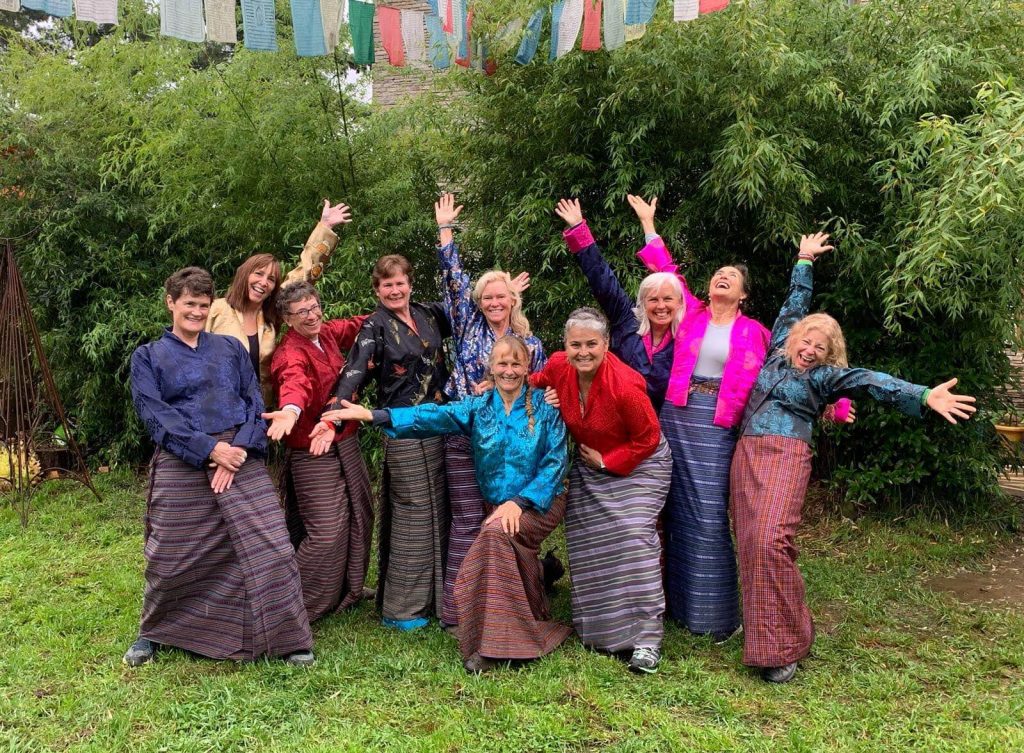

Happiness is living in harmony with nature, living with culture and tradition, and realizing how lucky we are to be born in a happy country with the guidance from the wise compassionate kings who would do anything from leading the army to defending the country and going out day and night to fight the pandemic and support financially. Especially for people working in the tourism industry and related fields — without help, it would have been impossible to live the pandemic. We are grateful for our religious leaders for performing rituals ceremony for world peace and blessings which we strongly believe have blessed us and given us more hopes and aspirations to spread good deeds. It’s simple but fulfilling, which makes it a happy place.
